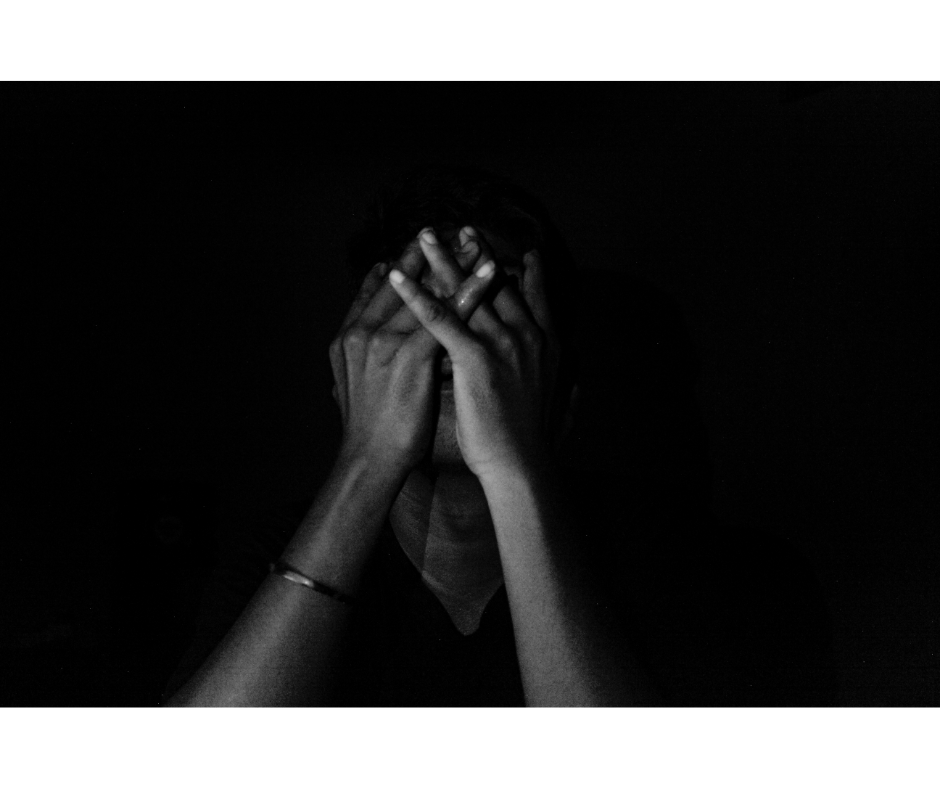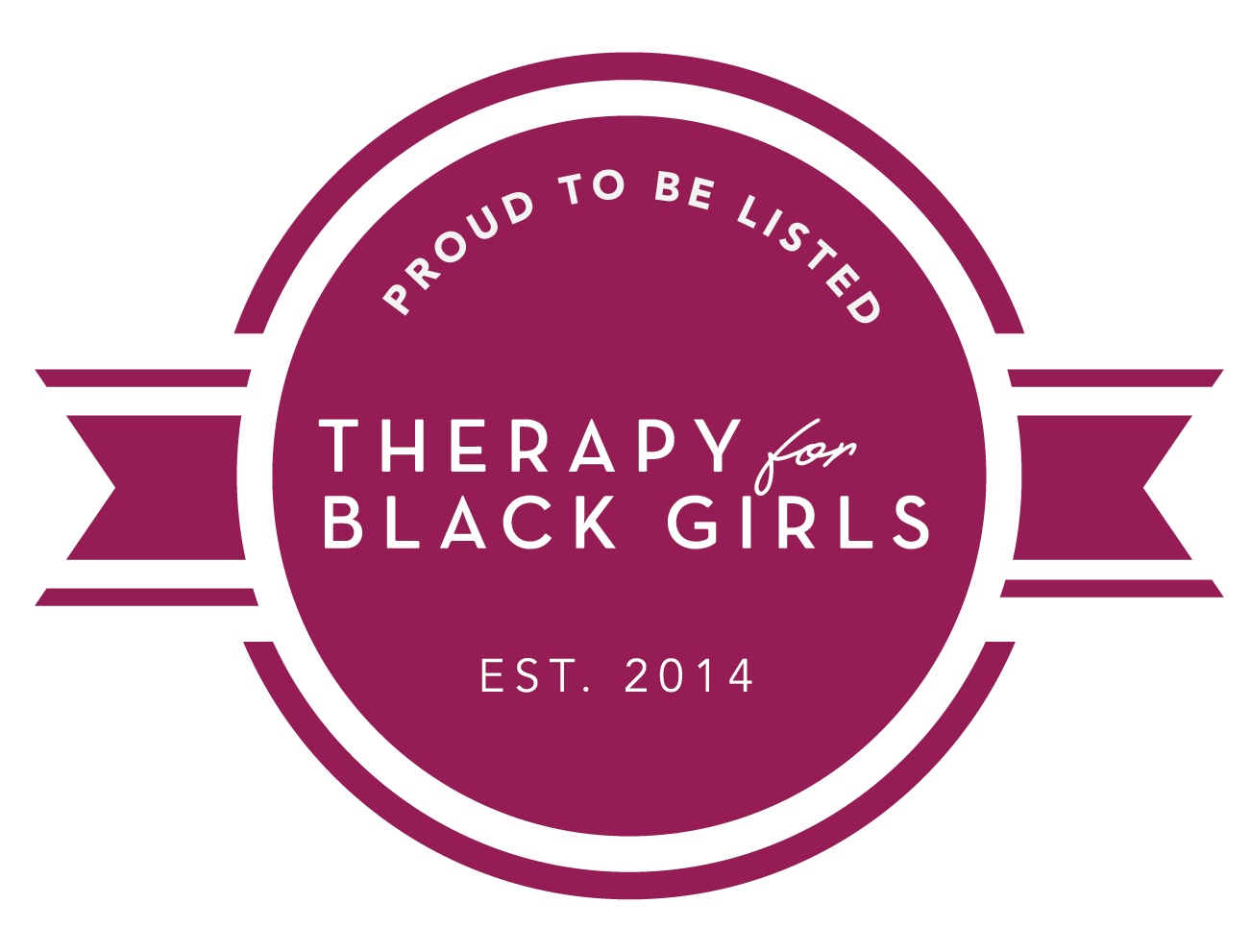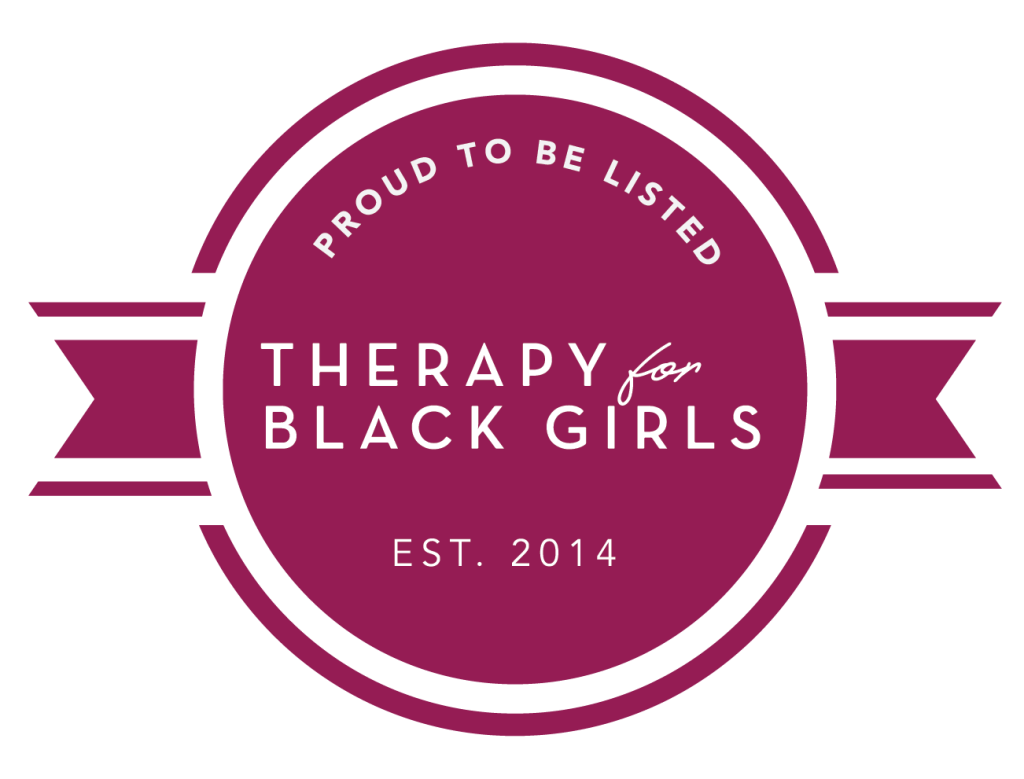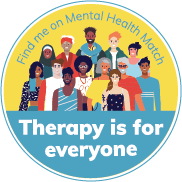DEPRESSION THERAPY
Depression is more than just feeling sad. It’s a complex mental health disorder that can affect thoughts, emotions, and behaviors. It often involves persistent low mood, but it can also lead to changes in appetite, sleep patterns, energy levels, and concentration. Depression can be triggered by various factors, including brain chemistry, trauma, stress, and certain medical conditions. Depression is a legitimate medical condition that requires proper treatment.
Common symptoms of depression can vary from person to person, but common signs include:

- Persistent sad, anxious, or “empty” mood
- Feelings of hopelessness or pessimism
- Feelings of irritability, frustration, or restlessness
- Feelings of guilt, worthlessness, or helplessness
- Loss of interest or pleasure in hobbies and activities
- Decreased energy, fatigue, or feeling slowed down
- Difficulty concentrating, remembering, or making decisions
- Difficulty sleeping, waking early in the morning, or oversleeping
- Changes in appetite or unplanned weight changes
- Physical aches or pains, headaches, cramps, or digestive problems that do not have a clear physical cause and do not go away with treatment
- Thoughts of death or suicide or suicide attempts
Remember seeking help is a sign of strength. There are effective therapies and techniques to help you feel less burdened by worry. You don’t have to go through it alone. Reach out for support, and take small steps towards a more peaceful state of mind.






